Archer community reflects on the garden’s positive impacts
Photo credit: Ella Schwartz
Planter beds are spread throughout the garden. Archer’s garden is as a space for students to get their hands dirty, help lower food waste and relieve anxiety.
March 2, 2023
Carrots, tomatoes, apples and avocados: Archer’s garden has it all. Located in the back of the parking lot where the classroom village previously stood, the garden is a place where students can spend time composting, planting and harvesting food, while also escaping into nature.
Sustainability, Environmental and Outdoor Education Specialist Casey Huff works with The 3R Initiative to develop the garden. The 3R Initiative works alongside students to teach lessons about sustainability and keep the garden growing and healthy.
“They’re our main point people to maintain the garden and work with Archer student activists to teach them how to garden,” Huff said. “The goal is to work in partnership with 3R so students in our community can take ownership of what’s happening in the garden.”
Together, Huff and 3R aim to collect Archer’s food scraps in order to compost them, turn them into soil and use that soil to nurture the plants growing in the garden. This composting initiative helps minimize the school’s carbon footprint and food waste collection. In addition to its environmental benefits, the garden acts as a space where students can take a break from their school schedules.
“Having access and having a reason to get outside and not be on our screens — the garden is really instrumental in that,” Huff said. “There are a lot of benefits to spending time physically touching the soil — it can actually reduce anxiety and stress. That is scientifically proven.”
Sixth grader Josephine Hatton occupies her time during FLX block working in the garden. She said she enjoys getting her hands dirty, as well as planting, watering and pruning.
“Whenever I’m in the garden, I always feel really calm,” Hatton said. “It helps me better my day when I have it first period because I feel much calmer the rest of the day.”
Aside from middle school life science students learning in the garden during FLX Block, seniors in Huff’s sustainability class have been learning about ways Archer has been implementing sustainability initiatives, including composting.
Senior Dani Fenster is a student in Huff’s sustainability class and is on the board of the Archer Council for Sustainability. She has been working alongside Huff to improve the school’s sustainability efforts. Fenster presented to students and faculty members about how to utilize new composting bins and led a lesson about what scraps can be collected from the bins Jan. 5.
“The mission behind Archer revamping the composting initiative is that there are a few reasons,” Fenster said. “One of the big ones is that food waste contributes to greenhouse gas emissions. We want to minimize our contribution to that problem as much as we can. We also want to keep the food waste within the community, the garden helps so much with that, and it has such a positive impact here.”
There are a lot of benefits to spending time physically touching the soil. It can actually reduce anxiety and stress — that is scientifically proven. — Sustainability, Environmental and Outdoor Education Specialist Casey Huff
According to a paper written by Abby Read in AgriLife Today, “Stress reduction and mental restoration occur when individuals live near green areas, have a view of vegetation or spend time in natural settings.” AgriLife Extension horticulture and economics specialist Charlie Hall said in the paper that spending time participating in outdoor hands-on activities is beneficial to the brain for many reasons.
“In high stress times and environments, gardening lends an outlet for keeping the hands and mind busy,” Hall said. “Hands-on activities like gardening allow the brain to focus on another task.”
Located in the front of the garden lies a task sheet of jobs needed to be completed. Students can harvest specific fruits and vegetables that are listed on the task sheet, water plants and help maintain cleanliness by sweeping and raking.
There are also many service opportunities Archers Service Squad offers in the garden. On Feb 10, students were invited to work with LA compost to learn about Archer’s sustainability efforts.
If working in the garden doesn’t spark students’ interest, Huff suggested visiting the garden whenever students are free in order to help maintain the space or utilize it as a study spot.
“If you’re ever just feeling like ‘Hey, I need a moment, and I am not in class, but I want to do something fun, you have that ability to drop into the garden,'” Huff said. “It’s such a good way to get involved.”



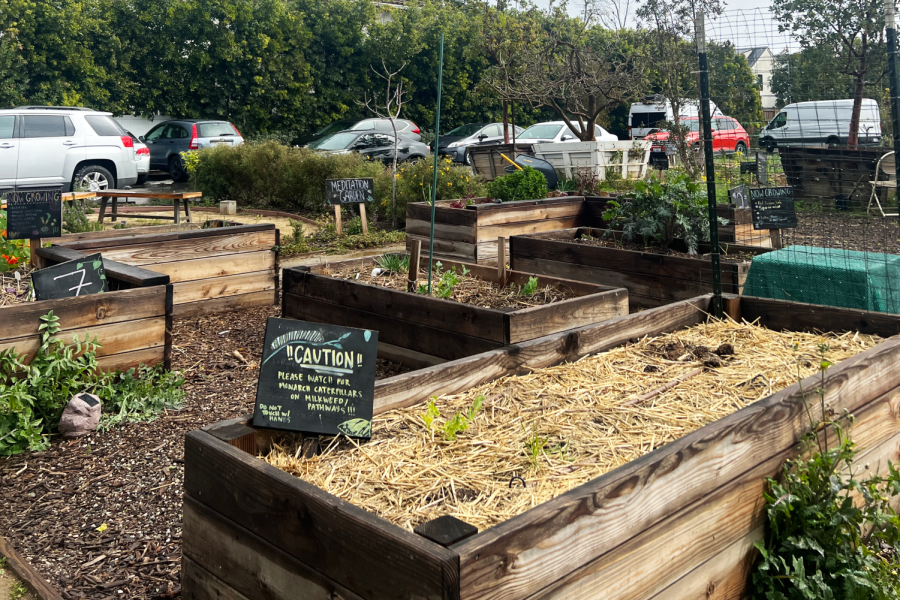






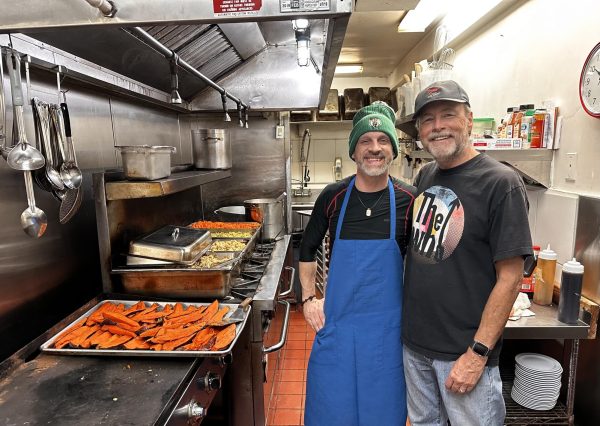
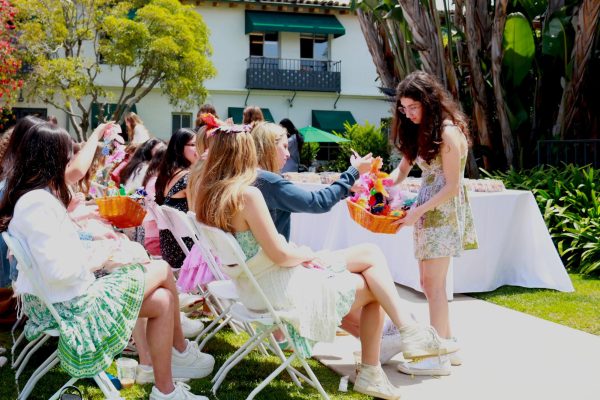
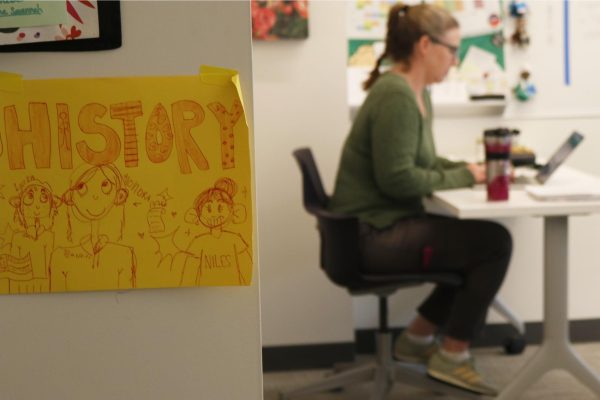




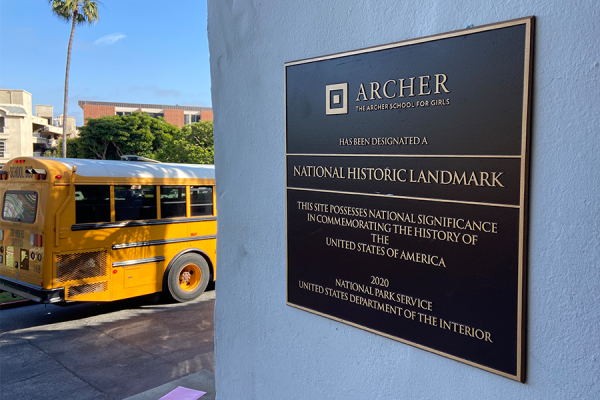
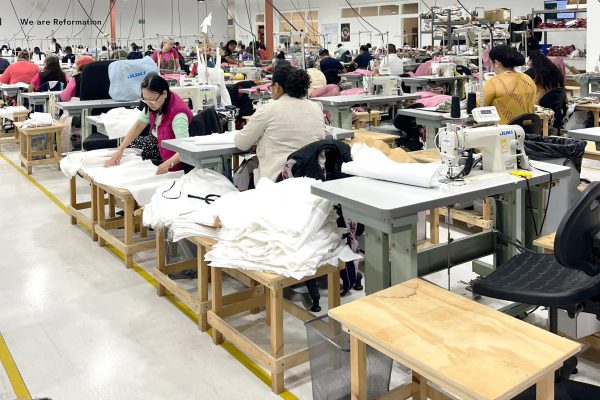
Yona Ryan • Mar 2, 2023 at 2:06 pm
I am so proud of Ella, what a wonderful writer, ❤️Savta